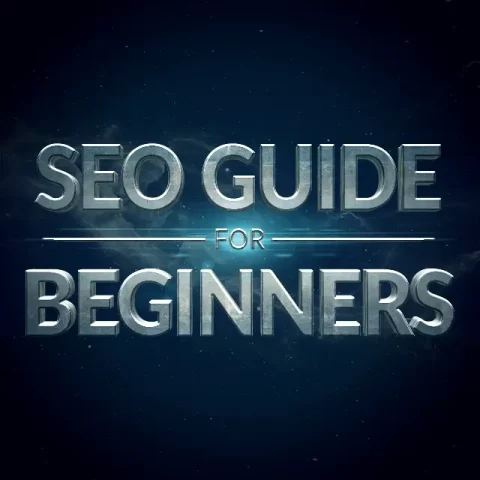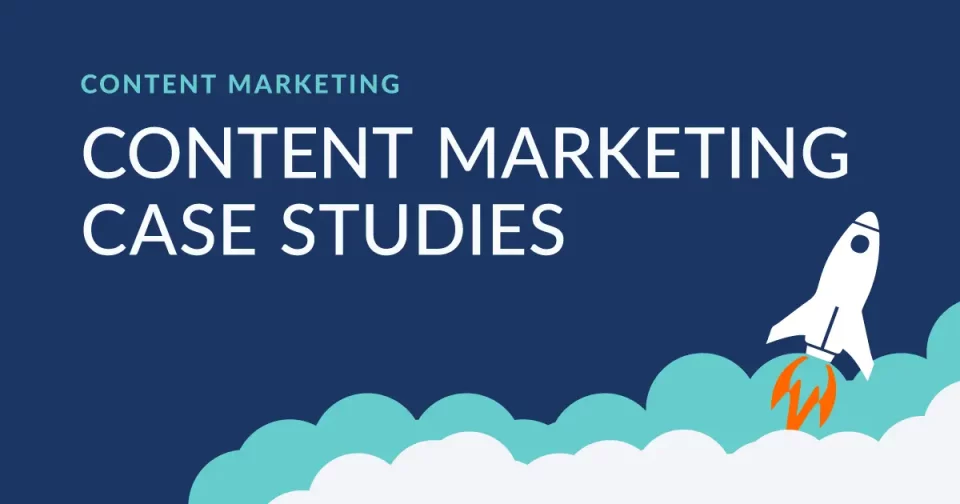
In order to fully grasp the power of when a content marketing campaign hits gold, we’ve sighted real-life case studies that showcase the power of great ideas. In this article, we will explore seven remarkable examples of brands that have harnessed the potential of content marketing to achieve extraordinary results. Having covered What is Content Marketing in a previous chapter, we touched upon brief examples for HubSpot, GoPro and Buffer. This was followed by a step-by-step guide on How to Develop a Content Strategy. Now we’re going to have a closer look at brands from Red Bull on down to Dollar Shave Club’s viral video to see where the magic comes from. The case studies provide valuable insights into how content marketing can drive brand awareness, engagement, and customer loyalty.
Each example highlights a unique approach and demonstrates the effectiveness of content marketing in different industries. By analyzing these real-life examples, we’ll uncover the strategies, tactics, and key takeaways that made these campaigns so successful.
Whether you’re a marketer seeking inspiration, an entrepreneur looking to enhance your content strategy, or simply curious about the impact of content marketing, these examples will provide you with valuable insights and practical lessons learned from these renowned brands.

Red Bull’s “Stratos” Content Marketing Campaign
Red Bull’s content marketing strategy revolves around sponsoring and promoting extreme sports and events, positioning the brand as synonymous with adrenaline-pumping experiences.
By aligning themselves with activities like Formula 1 racing, cliff diving, and air races, Red Bull creates captivating content that showcases extraordinary feats of athleticism and pushes the boundaries of human achievement. Through live broadcasts, online videos, and social media campaigns, Red Bull shares thrilling and awe-inspiring moments with its audience, fostering a sense of excitement and adventure.
This content-driven approach not only reinforces Red Bull’s brand image as an energy-boosting beverage but also establishes the brand as a lifestyle choice for those seeking exhilaration and pushing the limits of what is possible. As for results, an analysis of Red Bull’s popular marketing strategies notes the firm sold 300 million cans as a result of this campaign between 1996 and 2006.
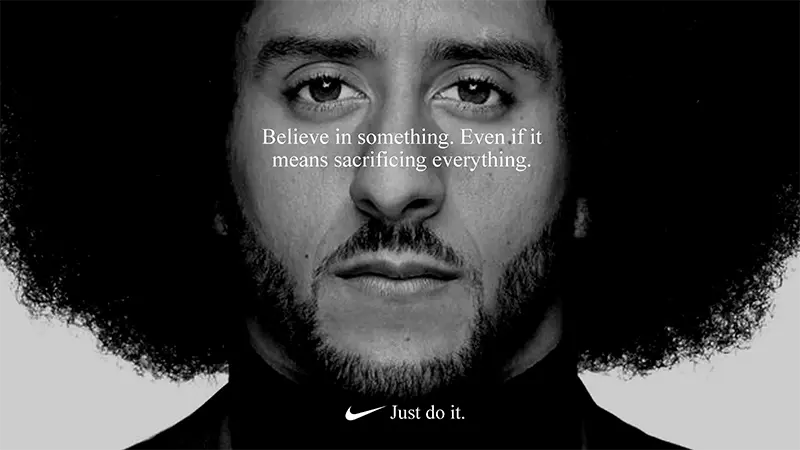
Nike’s “Just Do It” Campaigns
It’s been referred to as the greatest marketing campaign of all time. Nike’s “Just Do It” campaigns are a shining example of content marketing mastery. Through powerful storytelling, inspirational videos, and athlete endorsements, Nike has positioned itself as more than just a sports apparel brand—it has become a symbol of motivation and empowerment.
The campaign’s ability to connect with individuals on a deep emotional level is a testament to Nike’s understanding of its target audience’s desires and aspirations. By featuring real stories of athletes overcoming challenges and pushing their limits, Nike inspires and motivates people to strive for greatness in their own lives. And speaking of greatness, there are currently more than 20 million Instagram posts sporting the #justdoit hashtag.
This content-driven approach not only builds brand awareness but also fosters a strong emotional connection, making Nike more than just a product—it becomes a lifestyle choice and a symbol of personal achievement.
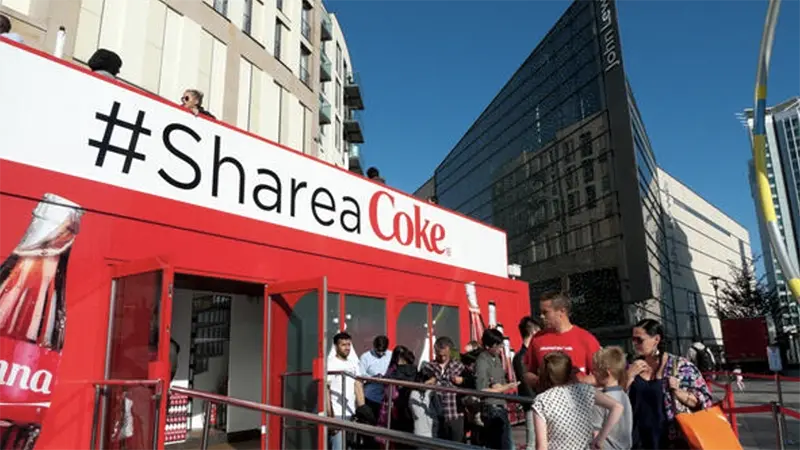
Coca-Cola’s “Share a Coke” campaign revolutionized the way brands engage with consumers. By printing individual names on Coke bottles and cans, Coca-Cola transformed a simple beverage into a personalized experience.
This brilliant content marketing campaign strategy tapped into people’s desire for connection and self-expression. Consumers eagerly searched for their names and the names of their loved ones, and the campaign’s success was amplified as they shared their personalized bottles on social media. By encouraging user-generated content, Coca-Cola created a powerful ripple effect, generating millions of organic impressions and conversations around the brand. Within the first year of the campaign, consumers shared more than 500,000 photos via the “#ShareaCoke” hashtag.
The campaign not only reinvigorated consumer interest but also reinforced Coca-Cola’s position as a brand that brings people together and fosters moments of joy and connection.
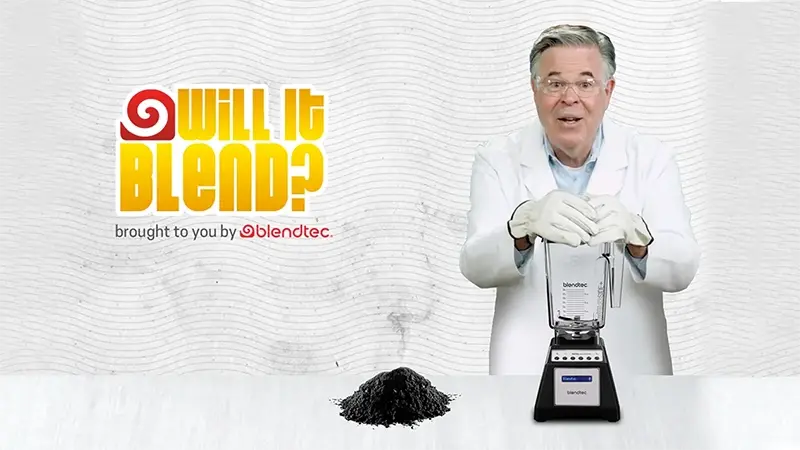
Blendtec’s “Will It Blend?” Videos
Blendtec’s “Will It Blend?” video series is a captivating example of content marketing that propelled the brand into the limelight. In these entertaining and somewhat eccentric videos, Blendtec’s founder, Tom Dickson, fearlessly blends a variety of unconventional items using the company’s powerful blenders.
From smartphones to golf balls, the videos showcase the durability and strength of Blendtec’s products in a highly engaging and shareable manner. The campaign’s viral success is a result of its ability to combine humor, shock value, and product demonstration in a way that captivates audiences and sparks conversation. Blendtec’s “Will It Blend?” videos not only generated millions of views and widespread brand exposure but also reinforced the perception of Blendtec as a cutting-edge, innovative, and reliable blender brand that can handle any blending challenge.
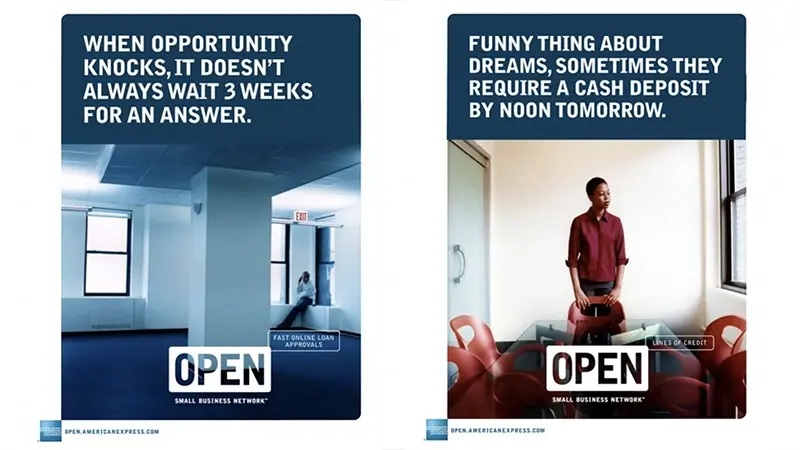
American Express’ “OPEN Forum”
American Express’ “OPEN Forum” serves as a prime example of content marketing tailored specifically for small business owners. This online platform provides valuable resources, expert advice, and thought-provoking articles to empower entrepreneurs on their business journey.
By positioning itself as a trusted source of business knowledge, American Express demonstrates its commitment to the success of small businesses. The “OPEN Forum” content covers a wide range of topics, including marketing, finance, leadership, and technology, providing actionable insights and solutions to the challenges faced by small business owners.
Through this strategic content marketing approach, American Express not only fosters customer loyalty but also strengthens its brand reputation as a reliable and supportive partner for entrepreneurs.
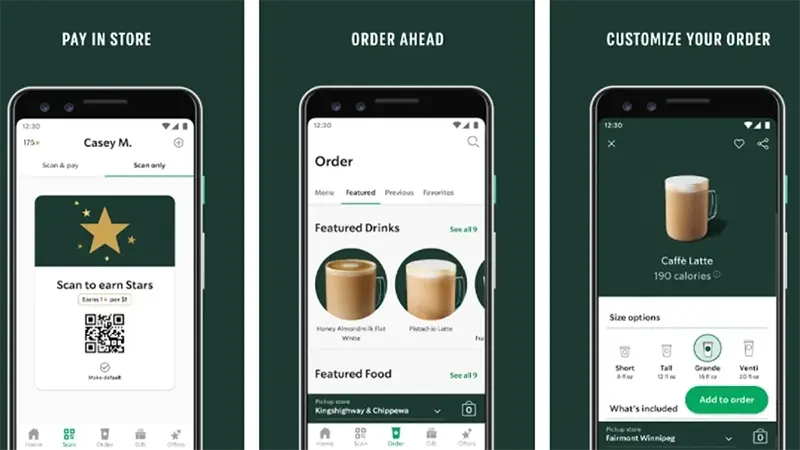
Starbucks’ Mobile App and Rewards Program
Starbucks’ content marketing strategy extends beyond traditional channels, leveraging their mobile app and rewards program to engage customers in a personalized and seamless manner. The Starbucks mobile app offers a host of features, including personalized offers, exclusive content, and a convenient ordering experience.
By integrating content directly into their app, Starbucks creates a direct line of communication with their customers, allowing for tailored promotions and timely notifications. The rewards program further incentivizes customer engagement by offering points and exclusive perks for purchases. This content-driven approach not only enhances the overall customer experience but also builds customer loyalty and drives repeat visits. Starbucks’ mobile app and rewards program exemplify how brands can leverage technology and content to create a deeper connection with their audience, ultimately driving customer retention and advocacy.

Dollar Shave Club’s Viral Video
Dollar Shave Club’s launch video is a prime example of how a well-crafted, humorous video can generate significant brand awareness and customer acquisition. The video, featuring the company’s charismatic founder, delivers a witty and engaging script that showcases the value and convenience of Dollar Shave Club’s subscription-based razor service. Within days of its release, the video went viral, accumulating millions of views and leading to a surge in sign-ups. This content marketing approach not only effectively conveyed the brand’s value proposition but also positioned Dollar Shave Club as a disruptor in the grooming industry, challenging established players and resonating with a young, tech-savvy audience.
Conclusion
These examples demonstrate how content marketing, when executed strategically, can transform brands and drive remarkable results. By understanding their target audience, creating compelling content, and delivering it through the right channels, these brands have successfully engaged consumers, built brand loyalty, and achieved significant business growth.

